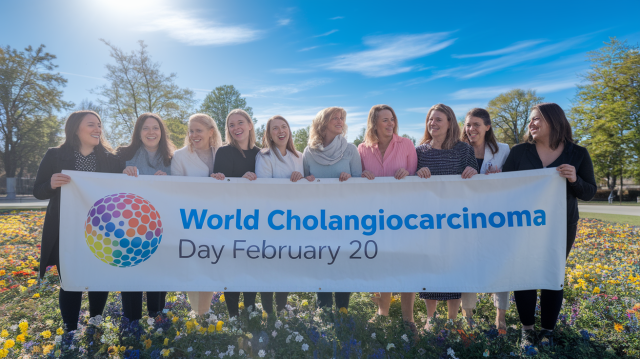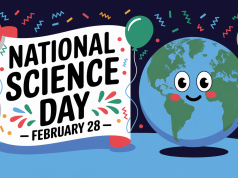World Cholangiocarcinoma Day is observed annually on the third Thursday of February, and in 2025, it falls on Thursday, February 20. This day is dedicated to raising global awareness about cholangiocarcinoma (CCA), a rare and aggressive cancer that affects the bile ducts in or outside the liver. It serves as a platform to educate the public, support patients and caregivers, and promote research into early detection and treatment.
Why Is It Celebrated?
World Cholangiocarcinoma Day is celebrated to address the challenges posed by this poorly understood and under-researched disease. Cholangiocarcinoma is often diagnosed at advanced stages due to its vague symptoms, such as jaundice, abdominal pain, and weight loss. With limited treatment options and a poor prognosis, this day emphasizes the urgent need for awareness, collaboration, and innovation in medical research to improve survival rates and quality of life for patients.
Cultural Significance
The day reflects a global commitment to supporting those affected by CCA. It unites medical professionals, patients, caregivers, and advocacy organizations across countries. Events such as webinars, social media campaigns, and educational initiatives are organized worldwide to foster a sense of solidarity and shared purpose.
Social Impact
World Cholangiocarcinoma Day strengthens bonds within the global community by encouraging collaboration among organizations like AMMF (UK), the Cholangiocarcinoma Foundation (USA), and others. These efforts aim to increase public knowledge about CCA while advocating for better healthcare policies and funding for research.
The Importance of It
The significance of this day lies in its ability to bring attention to a rare but devastating disease. By raising awareness, it helps reduce stigma, promotes early detection, and inspires action toward finding effective treatments. It also provides hope and support for patients and their families.
Educational Value
World Cholangiocarcinoma Day educates people about the symptoms, risk factors, and challenges associated with CCA. It highlights the importance of liver health and encourages individuals to seek medical advice if they experience concerning symptoms. Awareness campaigns also focus on sharing survivor stories to inspire resilience.
Emotional Connection
This day fosters emotional connections by creating a supportive environment for patients and their loved ones. Sharing personal stories of survival or loss helps build empathy and motivates others to join the fight against this disease.
The Origin of It
World Cholangiocarcinoma Day was first established in 2016 by AMMF (The Cholangiocarcinoma Charity) in collaboration with other international organizations. The initiative aimed to create a globally unified effort to combat CCA through awareness and research.
Historical Events
- The first observance brought together six organizations from different countries.
- Over time, it has grown into a global movement supported by numerous charities and advocacy groups.
Evolution Over Time
Initially a single-day event, it has expanded into broader campaigns during February (Cholangiocarcinoma Awareness Month). Modern observances include digital outreach through social media platforms to engage wider audiences.
How to Celebrate
- Participate in Awareness Campaigns: Share information on social media using hashtags like #WorldCCADay.
- Attend Events: Join webinars or local events organized by advocacy groups.
- Support Research: Donate to charities funding CCA research or sign pledges advocating for better healthcare policies.
- Educate Yourself: Learn about cholangiocarcinoma’s symptoms, risk factors, and prevention strategies.
- Show Solidarity: Wear green (the awareness color) or light up landmarks in green as a symbol of support.
Conclusion
World Cholangiocarcinoma Day is a powerful reminder of the importance of awareness, early detection, and collaboration in combating this rare cancer. By observing this day, we honor those affected by cholangiocarcinoma while working toward a future with better outcomes for all. Let’s take action together—whether through education, advocacy, or support—to make a meaningful difference.












